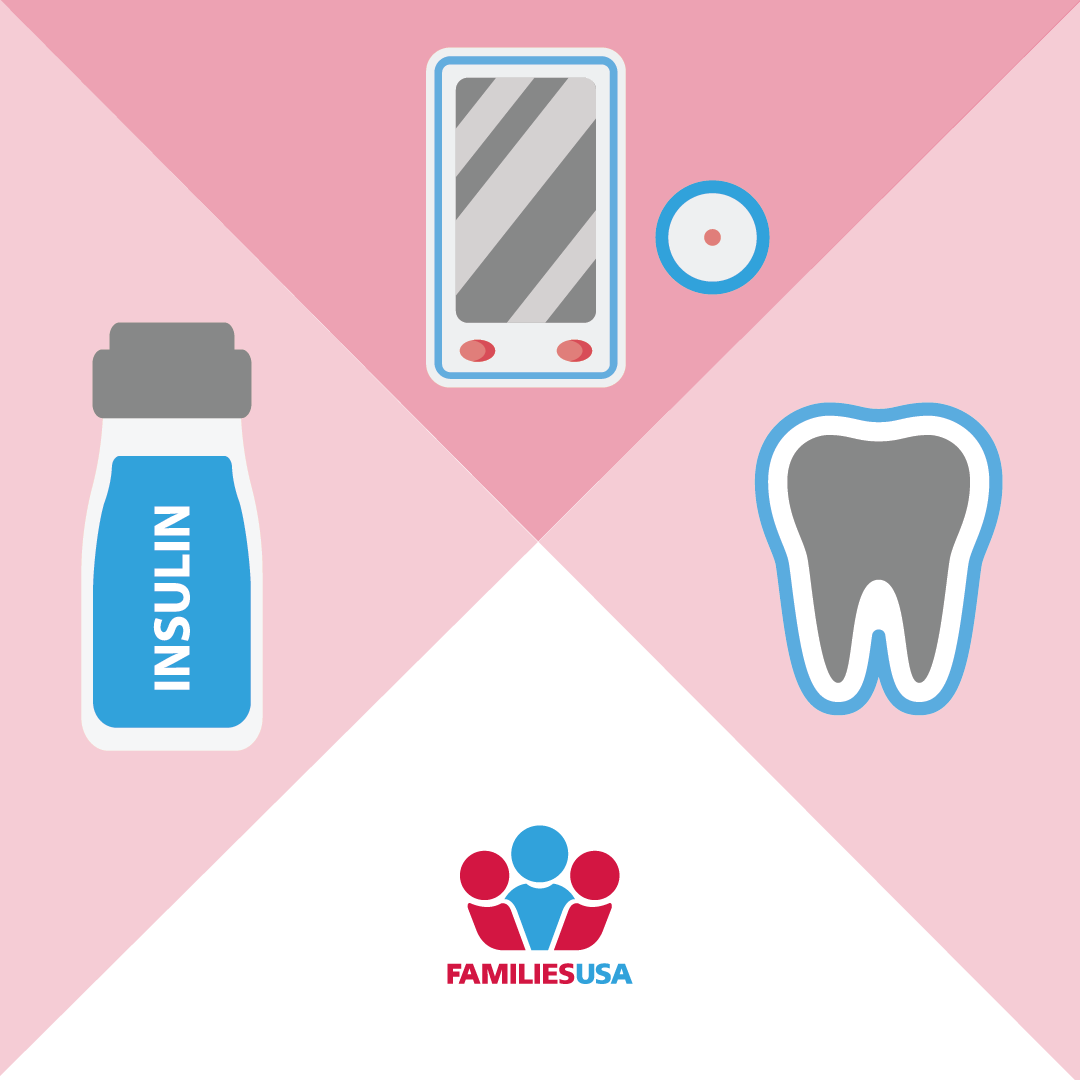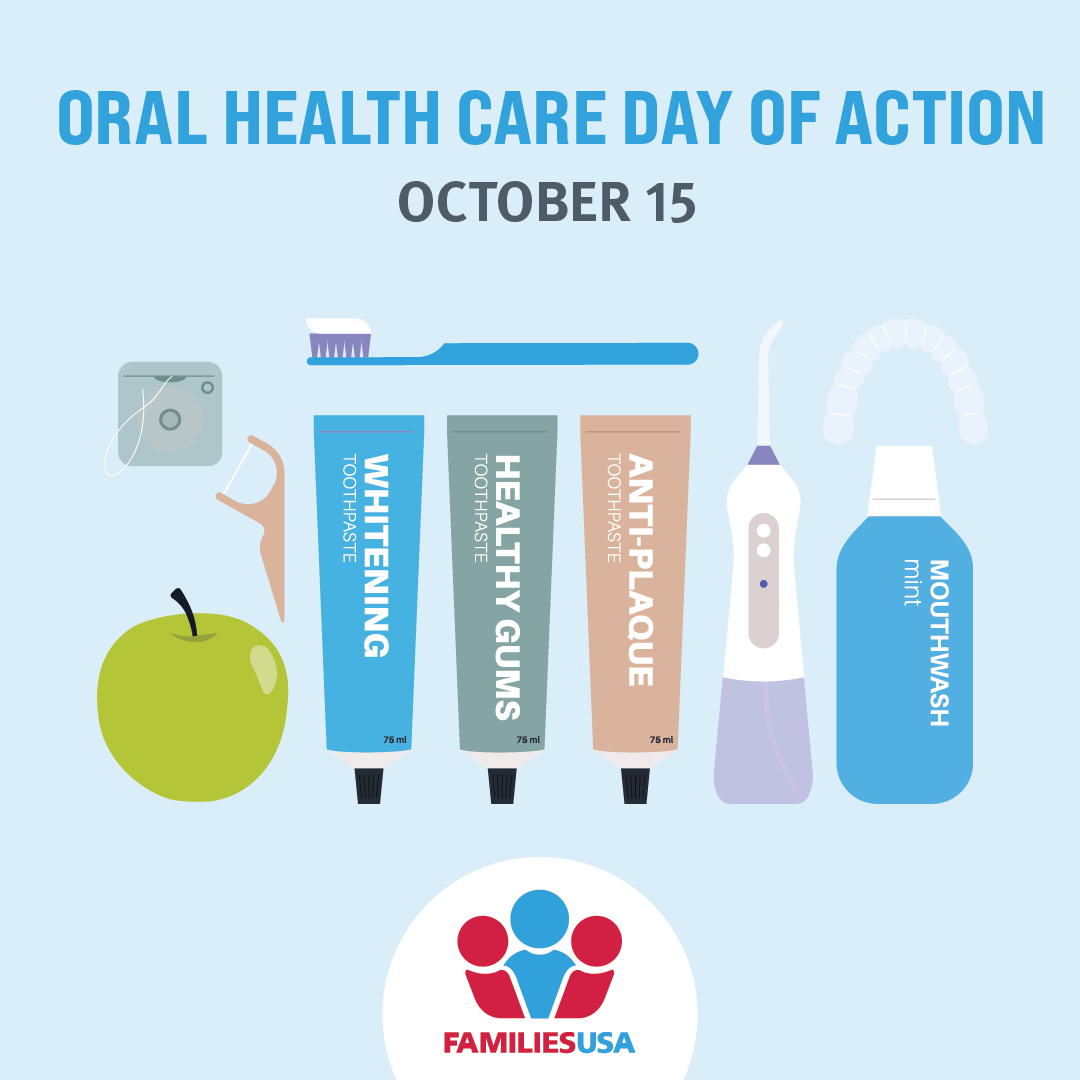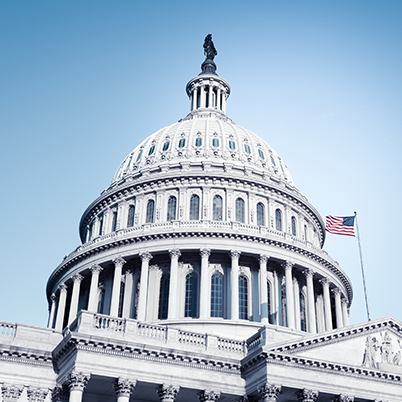Oral Health Coverage in the 2019 State Legislatures: Victories, Budget Cuts, and Opportunities for Future Progress
By Caroline Le, Melissa Burroughs,
07.25.2019
Comprehensive oral health coverage allows us all to have better oral health, better overall health, and improved quality of life. Yet oral health coverage and care remain out of reach for millions of people in America — particularly adults who rely on Medicare and Medicaid for their health coverage. Many states, however, are realizing and elevating the importance of oral health as they improve dental coverage for adult Medicaid participants.
Others have not grasped this critical connection and continue to allow dental coverage to be slashed in tight budget years. While Medicaid is required to offer dental coverage for children, it is up to each state to determine what, if anything, they will offer for adults. Thanks to the tireless work of many state advocates, state policymakers across the country took steps toward advancing oral health coverage and care for adults in 2019.
Two States Add New Adult Dental Coverage to Their Medicaid Programs
This year’s biggest successes came in two states that passed legislation to extend new oral health coverage to adult Medicaid recipients. While future improvements could make this new coverage more comprehensive, the expansion of oral health coverage in these states goes a long way to improve the overall health of their adult residents.
- Under Delaware’s SB 92, the state will begin to offer preventive and restorative dental coverage to adult Medicaid recipients. This legislation is a huge win for our partners at Westside Family Healthcare and the Delaware Dental Hygienists’ Association in a state that previously offered absolutely no dental coverage for adults.
- Thanks to the tireless work of the New Hampshire Oral Health Coalition, New Hampshire passed HB 692, which will require the Medicaid managed care program to provide dental benefits to Medicaid recipients. In addition, the legislation established a work team to assist the state’s Department of Health and Human Services in developing a plan to incorporate an adult dental benefit into a value-based care platform. The details of the plan are to be reported no later than October 1, 2019. As of now, there is no deadline date for the implementation of the adult dental benefit.
Oral Health Coverage Got a Mixed Reception in State Budgets
Several states passed budgets including line items that address oral health coverage for adults in Medicaid — one making drastic cuts and others taking incremental steps toward accessible and affordable oral health care.
- While Alaska’s state budget was passed keeping adult dental coverage intact, Governor Mike Dunleavy’s line item vetoes in the budget will result in massive cuts to the state’s Medicaid program, including adult dental, unless the legislature moves to rescind them.
- Governor Jared Polis of Colorado approved a state budget that increases the annual cap on the state’s limited Medicaid adult dental benefit for from $1,000 to $1,500 effective July 2019.
- In Kansas, this year’s state budget included a $3 million increase in adult dental reimbursement rates in an effort to bring more providers into the program.
- Vermont’s state budget provided for better adult dental coverage under Medicaid by improving the benefit to include up to two preventive visits per year that do not require a copay or count toward the annual maximum. It also increased the annual maximum from $510 to $1,000.
- Virginia’s state budget included an amendment that directs the state to study costs incurred by Medicaid recipients related to emergency department visits for dental issues.
States Take Small Steps to Extend Dental Coverage to Specific Vulnerable Populations
Many states have passed legislation to improve oral health coverage for certain Medicaid adult populations. While oral health coverage is critical for all of us, it is encouraging to see states make incremental progress toward covering all adults.
- For the first time, through the passage of HB19-1038, Colorado will now offer oral health coverage to pregnant women enrolled in the state’s Children’s Health Improvement Program (CHIP).
- Utah passed SB 11, offering dental coverage to senior Medicaid recipients through the University of Utah dental school program and its affiliates throughout the state.
- In Nevada, the passage of AB 223 requires the Department of Health and Human Services to seek a federal waiver to add Medicaid coverage for certain types of dental care for diabetics.
- Washington SB 5274 establishes a Compact of Free Association (COFA) Islander Dental care program, making dental coverage available at no cost to adults from COFA nations who are income-eligible for Medicaid.
Other States Lay a Foundation for Future Oral Health Progress
While a number of other states ran legislation to improve oral health coverage that did not pass, a few states managed to convert their efforts into interim steps that lay groundwork for future progress. These interim wins set the states up for progress toward adult dental coverage next session.
- Texas SB 556/HB 1647 was intended to provide preventive dental benefits to adults with disabilities. However, the bills were consolidated into a larger bill, HB 4533, which calls for the state to develop and launch a dental pilot project for adults with disabilities.
The Implementation of Oral Health Programs Shows the Progress Other States Could Make by Expanding Adult Dental
In addition to new legislation, we are seeing the results of past legislative and budget wins on oral health. These successes show just how critical this coverage is for adults relying on Medicaid and provides lessons learned in terms of how to roll out these programs.
- On June 1, 2019, Maryland launched the Maryland Healthy Smiles program to provide limited dental coverage to adults who are dually eligible for Medicare and Medicaid, a waiver program that was secured in last year’s legislative session. Maryland advocates have been hard at work to ensure its success by playing a central role in program outreach, launching a collaborative of dental providers, social service professionals, and caregivers statewide to support the program, and shepherding the passage of Maryland HB 332/SB 158 to create the Community Dental Clinics Grant Program, an effort to support safety net providers.
- California restored its Medicaid adult dental coverage in the 2017 legislative session to be one of the most comprehensive in the country, which was implemented last year. Since restoring the benefit last year, data reveals that California has experienced a rise in the percentage of adults visiting a dentist annually and receiving preventive dental services.
- Missouri in 2016, implemented adult oral health coverage that includes preventive and treatment services. Data coming out this year shows that 350,000 Missouri adults now have access to this coverage, which has correlated with a 44% drop in emergency room use for non-traumatic dental conditions as well as a drop in related opioid prescriptions and hospitalizations.
As 2019 state legislation sessions come to a close, it is important to learn from the progress that was made, understand where these policies fell short, and follow how these policies can improve health and reduce health care costs so that states do not pursue oral health coverage cuts in the future. It is crucial that state advocates and policymakers prioritize oral health care in their agendas to improve the overall health of Americans




